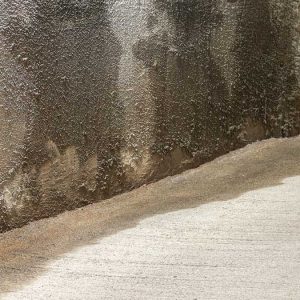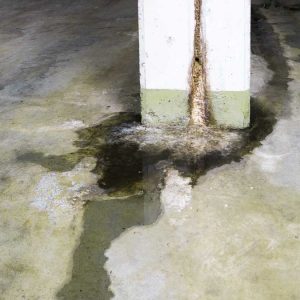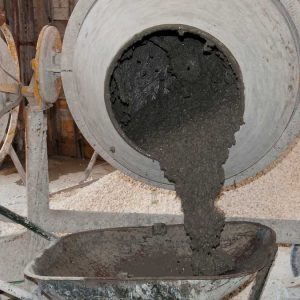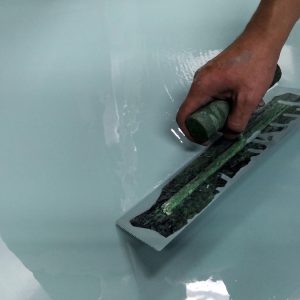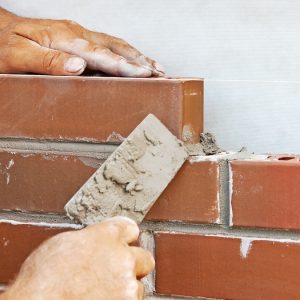Posts by Jake Barnhart
Signs of water infiltration in basements
If you have a basement, there is a chance you’re going to have water infiltration at some point in time. Water is good at finding the little cracks in concrete and traveling through, causing damage to your basement. Your building’s age can increase the likelihood of water infiltration, especially in response to improper waterproofing. Ignoring signs of water infiltration can not only create further damage, but it can get costly.
Read MoreHow to maintain exterior insulation and finish systems
Exterior insulation and finish systems (EIFS) offer consecutive insulation that consists of a water-resistive barrier, drainage plane, insulation board, glass fiber, and both water-resistant and finishing coats. They are becoming more common and can easily be mistaken as concrete. To put it in more straightforward terms, they are exterior covers that provide continuous insulation.
Read MoreHow to prevent water infiltration in parking garages
If you have ever had to deal with water infiltration in your parking garage, you know how frustrating, costly, and time-consuming it can be. It can cause severe damage that you may overlook until it’s time for repairs.
Read MoreCommercial vs residential concrete
Concrete is the most popular construction material globally and is commonly used in residential and commercial buildings. It’s predominately used for basements, foundations, and exterior walls, as well as sidewalks, ramps, and parking garages.
Read MoreWhat chemicals are used in specialty coatings?
Specialty coatings are used in many areas of construction, from concrete polishing to exterior finishes. There are many types of coatings available, and each one has unique properties. To understand which coating is ideal for each application, we need to look at how the coatings are created. Read on to learn what the purpose is for specialty coatings and what chemicals are used in specialty coatings.
Read MoreHow long does tuckpointing take?
Tuckpointing is used to repair joints in stones and brick, and it is a necessary part of masonry preservation. Not only does it protect the structural integrity of the brick, but it also refreshes the appearance of the building. Exposure to weather can make moisture break down behind it, which causes deterioration. If you’re wondering how long tuckpointing takes, the answer depends on the size of the job and the condition of your existing mortar. Read on to learn about the factors that influence tuckpointing timeframes.
Read MoreIs concrete waterproof?
Concrete is incredibly durable and versatile, but it’s not bulletproof. Concrete can crack and stain over time if it is not sealed properly, especially when it is exposed to heavy amounts of water. Thankfully, there are ways to prevent these issues and protect the structural integrity of concrete. Let’s take a closer look at concrete waterproofing and the importance of specialty coatings.
Read MoreHow can you slow down water infiltration?
Water seems harmless at first glance, but it can lead to costly damage when left untamed. A small amount of water can erode a surface, letting in more water that leads to even more erosion. The key is to slow water infiltration or ideally, stop it completely.
Read MoreWhy should I clean my parking garage?
The parking garage may be the first experience someone has with your business. It is an extension of your brand, and it should be cared for accordingly. With routine parking garage cleaning, you can ensure that every visitor has a positive experience from the moment they set foot on your property.
Read MoreHow often do expansion joints need joint sealing?
Joint sealing is an essential step in maintaining concrete structures, such as parking garages, concrete buildings, and sidewalks. Expansion joints between sections of concrete strategically control where cracks occur in the concrete. These joints need to be sealed to work effectively. Read on to learn the benefits of joint sealing and how often you should seal joints for concrete maintenance.
Read More
